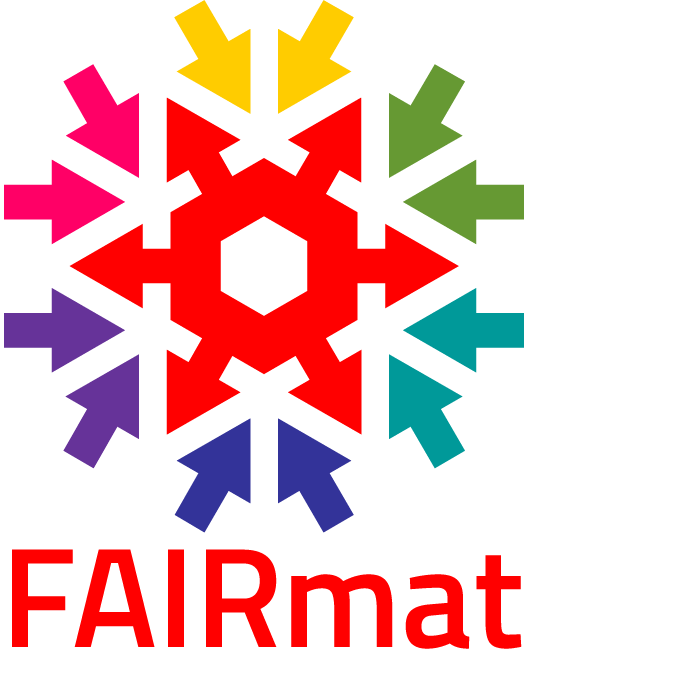Description
FAIR electronic-structure data in NOMAD: ground state, excitations, and complex workflows
The FAIRmat consortium aims to extend the current NOMAD-Lab (meta)data structure to a large variety of materials-science data. Given our strong foundation in computational data, especially DFT, we are now extending our scope. In this tutorial, we will explain the (meta)data structure for ab initio calculations, with an emphasis on precision and on going beyond the accuracy limits of DFT.
This tutorial is suitable for new and experienced researchers who want to learn about the latest features in treating DFT and beyond DFT methodologies. We will give a brief introduction to the NOMAD Lab and the FAIRmat consortium, followed by a guided tutorial where we will:
- Show you how you can upload, publish, and explore ab initio computational data.
- Show you how to define your own complex workflows, linking between DFT and beyond DFT calculations.
- Give you examples of the post-processing capabilities of the NOMAD Lab.
In more detail: Precision settings are now searchable, allowing for “data-quality” filtering over the NOMAD data. Using simple queries, we will show how to generate a sampling that extrapolates towards the basis set limit. For those already familiar with their code of choice, there is also the native tier quick filter that matches recommended developer settings. Moreover, for ease in navigating the density-functional space, we will be presenting a new, knowledge-based categorization system that is more refined and semantically richer than Jacob’s ladder. Finally, we will show the latest developed schemas which try to cover computational techniques that go beyond DFT and which are useful to treat excited-state and advanced many-body properties: the GW approximation, Bethe-Salpeter equation (BSE) solutions, tight-binding-based modeling (using Wannier projections or Slater-Koster fittings), and Dynamical Mean-Field Theory (DMFT).
Schedule
This tutorial will take place from 14:00 to 17:00 CEST on Wednesday June 14th, 2023, with the following schedule (durations are approximate).
| Time | Session | Speaker |
| 14:00-14:05 |
Introduction: The electronic-structure team in NOMAD |
Luca Ghiringhelli |
| 14:05-14:45 |
Uploading and exploring data in NOMAD: The example of excited-states calculations |
José M. Pizarro |
| 14:45-15:25 |
Ground-state electronic structure: Handling numerical precision
|
Nathan Daelman |
| 15:25-15:40 | Break | |
| 15:40-16:10 |
Workflows: How to link DFT and beyond-DFT calculations |
José M. Pizarro |
| 16:10-16:40 | Knowledge-based xc-functional exploration | Nathan Daelman |
| 16:40-17:00 | Q&A | All speakers |
